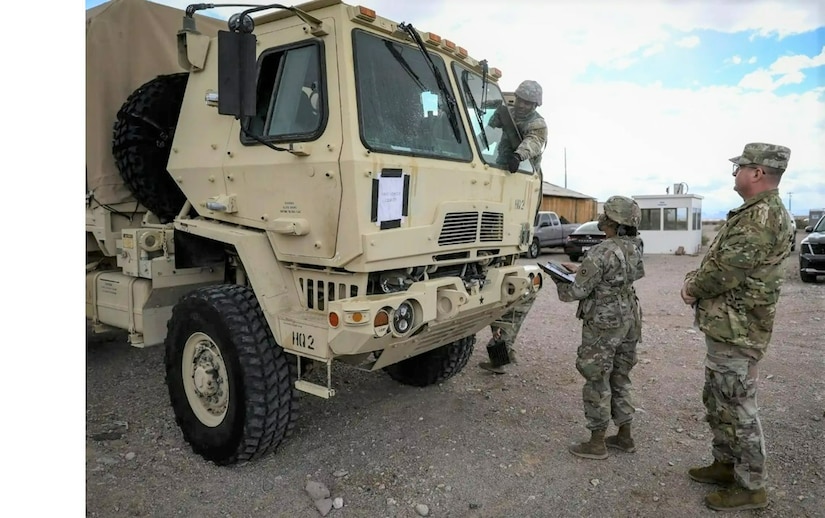The recent bomb explosions at Giwa Barracks in Maiduguri have reignited a critical debate about whether this key military facility should be relocated away from civilian populations. This discussion touches on fundamental issues of national security, civilian protection, and counter-terrorism strategy. While some argue passionately for moving the barracks to protect civilians, others contend, with equal conviction, that its current urban location serves vital strategic purposes.
After careful examination of all factors, the most prudent course appears to be maintaining Giwa Barracks in its present location while implementing comprehensive security upgrades and intelligence enhancements.
Military installations in urban areas are not unique to Nigeria. Many advanced nations intentionally position key defence facilities near population centres. The United States maintains major bases like Fort Bragg adjacent to cities, while Britain’s famous Chelsea Barracks sits in central London. This strategic placement enables rapid response to threats while providing visible security reassurance to civilians.
If Giwa Barracks were relocated to a remote area, the military’s ability to respond quickly to attacks in Maiduguri would be significantly diminished. The resulting delay in deployment could prove disastrous during terrorist incidents, potentially costing civilian lives that might otherwise have been saved.
If Boko Haram can overrun Monguno Barracks and other military formations, relocating Giwa Barracks would be unwise. Keeping it in its current urban location serves as a deterrent; terrorist sponsors and their technical advisors would hesitate to attack, knowing civilians could be harmed. These terrorists appear to have foreign backers and expert guidance, but Nigeria will ultimately dismantle their networks. God willing!
To truly end this insurgency, the so-called “repentant” Boko Haram members should not be released without strict monitoring. Trackers must surveil them to ensure they do not return to terrorism.
The argument for relocation often centres on protecting civilians from accidental explosions like the recent incident. However, moving the barracks could create new, potentially greater dangers. An isolated military facility might become more vulnerable to sophisticated attacks using drones or other advanced weaponry that terrorist groups are increasingly acquiring.
Recent conflicts worldwide have demonstrated how remote bases can be surveilled and assaulted using relatively inexpensive technology. The potential for militants to overrun a poorly defended outpost and seize weapons presents a nightmare scenario far more dangerous than the current risks of urban location.
Moreover, Giwa Barracks serves important psychological and symbolic functions beyond its military utility. Its presence in the heart of Maiduguri stands as a tangible representation of the government’s commitment to protecting this embattled region. Removing this visible security presence could undermine civilian morale while emboldening terrorist groups who might interpret relocation as retreat.
The barracks’ current location also facilitates crucial military-civilian cooperation, enabling joint security initiatives and intelligence gathering that would be far more difficult if the facility were moved outside the city.
Rather than relocation, the focus should be on comprehensive security upgrades at Giwa Barracks. The recent explosions highlight the urgent need for improved ammunition storage protocols. Modern militaries mitigate such risks through decentralised storage in blast-resistant bunkers, rigorous safety inspections, and advanced handling procedures. Implementing these measures would significantly reduce the danger to nearby civilians while maintaining the barracks’ strategic advantages.
Technological enhancements could further strengthen security. Investment in drone detection systems, advanced surveillance equipment, and cybersecurity for military communications would help counter evolving terrorist threats. Many of these technologies have become more affordable and accessible in recent years, making their adoption increasingly feasible even within budget constraints.
Ultimately, the most crucial factor in ensuring security may lie in intelligence capabilities rather than physical location. Nigeria’s military needs strengthened intelligence networks to preempt attacks before they occur. This requires increased funding for intelligence agencies, deeper international cooperation, and more effective monitoring of arms smuggling routes. Community-based security initiatives that engage local populations in threat detection could provide additional layers of protection.
Critics of maintaining the current location rightly point to the risks to civilian populations. However, these risks can be substantially mitigated through proper safety measures rather than requiring complete relocation. The alternative of building a new, secure facility in a remote location would strain limited defence budgets while potentially creating new vulnerabilities. The resources required for such a move might be better spent on comprehensive upgrades to the existing facility.
The debate over Giwa Barracks represents a microcosm of Nigeria’s broader security challenges. There are no perfect solutions, only difficult choices between competing priorities. On balance, maintaining the barracks in its current location while implementing robust security upgrades appears the most strategically sound approach. This solution preserves the military’s rapid response capability, maintains visible security presence, and avoids creating new vulnerabilities – provided that necessary safety improvements are properly implemented.
The federal government faces a critical decision that will have lasting implications for security in Northeast Nigeria. Rather than viewing this as a binary choice between relocation and status quo, policymakers should recognise the opportunity to transform Giwa Barracks into a model of modern, secure military infrastructure. With proper investment in safety systems, technology, and intelligence capabilities, the barracks can continue serving its vital protective function while minimising risks to civilian populations.
In the final analysis, the question is not simply whether Giwa Barracks should stay or go, but how it can be made safer and more effective in its essential mission. The path forward should focus on comprehensive security enhancement rather than geographical relocation. By taking this approach, Nigeria can strengthen both civilian protection and military effectiveness – achieving the twin goals that lie at the heart of this complex debate.
Adam, Ph.D, wrote from Maiduguri









